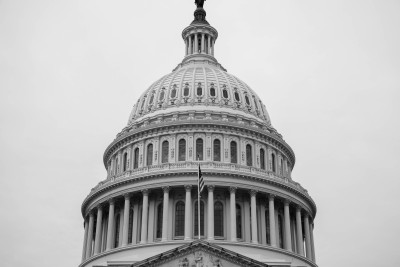
MEDIA RELEASE: Canada can learn from Biden on tax fairness and affordability
For immediate release: March 23, 2023
OTTAWA – With all eyes on United States President Joe Biden’s visit this week, Canadian policymakers should take a closer look at how the U.S. administration is tackling corporate tax avoidance.
In January, the U.S. introduced a minimum tax on reported profits, also known as a book profits tax. The 15% tax is applied to the profits large corporations report to their shareholders, which is often different from what they report to tax authorities.
“Canada loses tens of billions to corporate tax avoidance each year. A minimum tax on reported profits makes as much sense here in Canada as it does south of the border. While the tax wouldn’t eliminate many of the loopholes that large Canadian companies use, it would put a floor on how low their tax bills can go,” said Dr. DT Cochrane, economist and policy researcher with Canadians for Tax Fairness.
Research by Canadians for Tax Fairness showed that 53 of Canada’s 123 largest companies had an effective tax rate below 15% in 2021. Several highly profitable companies actually had a negative effective tax rate. If Canada had a 15-per-cent minimum tax on book profits in 2021, it would have generated an estimated $11 billion in revenue.
The U.S. minimum tax on reported profits is the main revenue generator in the Biden administration’s Inflation Reduction Act.
“The Canadian government could provide more relief to households by following the lead of the U.S. and requiring these large profitable companies to contribute a fairer share,” said Katrina Miller, executive director of Canadians for Tax Fairness.
Media Contact:
Erika Beauchesne
Communications Coordinator | Coordonnatrice aux communications
Canadians for Tax Fairness | Canadiens pour une fiscalité équitable
erika.beauchesne@taxfairness.ca | 613-315-8679
Canadians for Tax Fairness is a non-profit organization that advocates for progressive taxes to fund important public services, reduce inequality and strengthen the economy.
